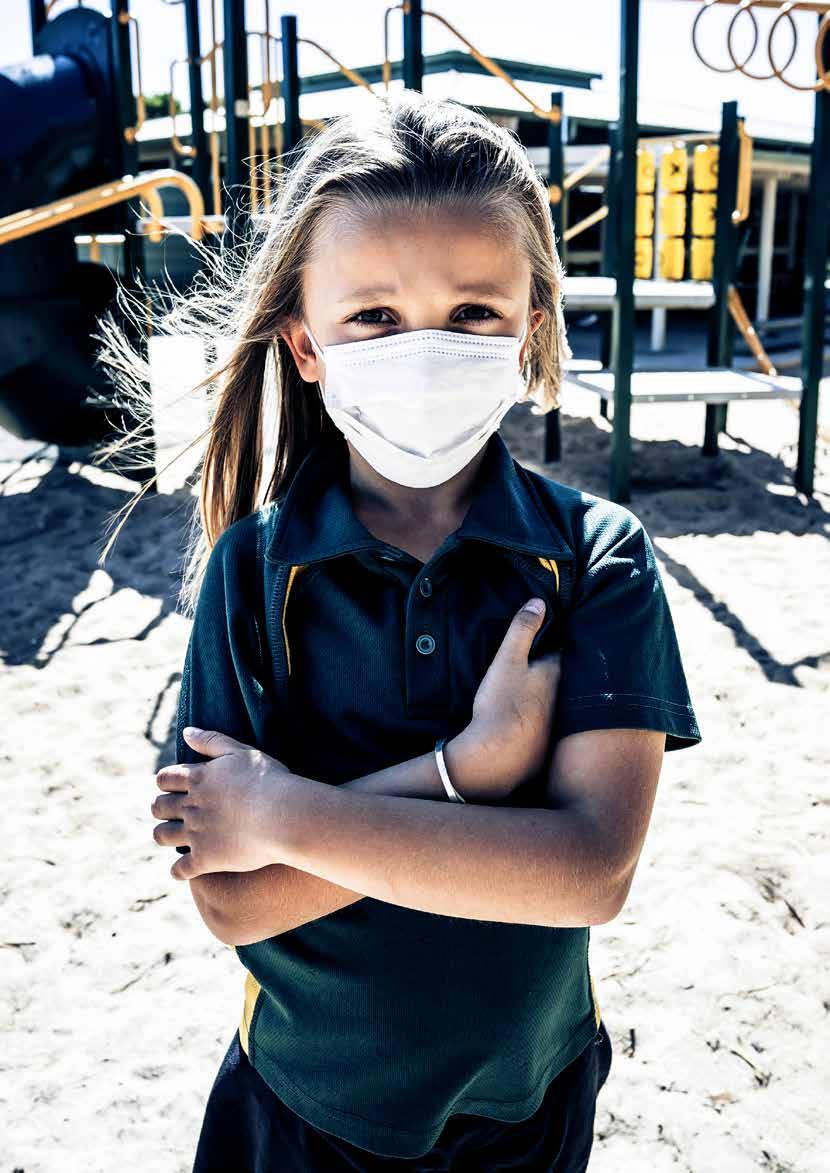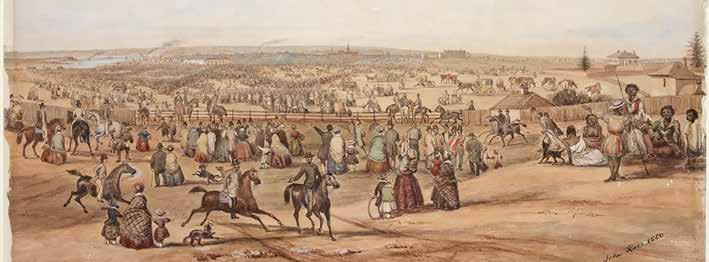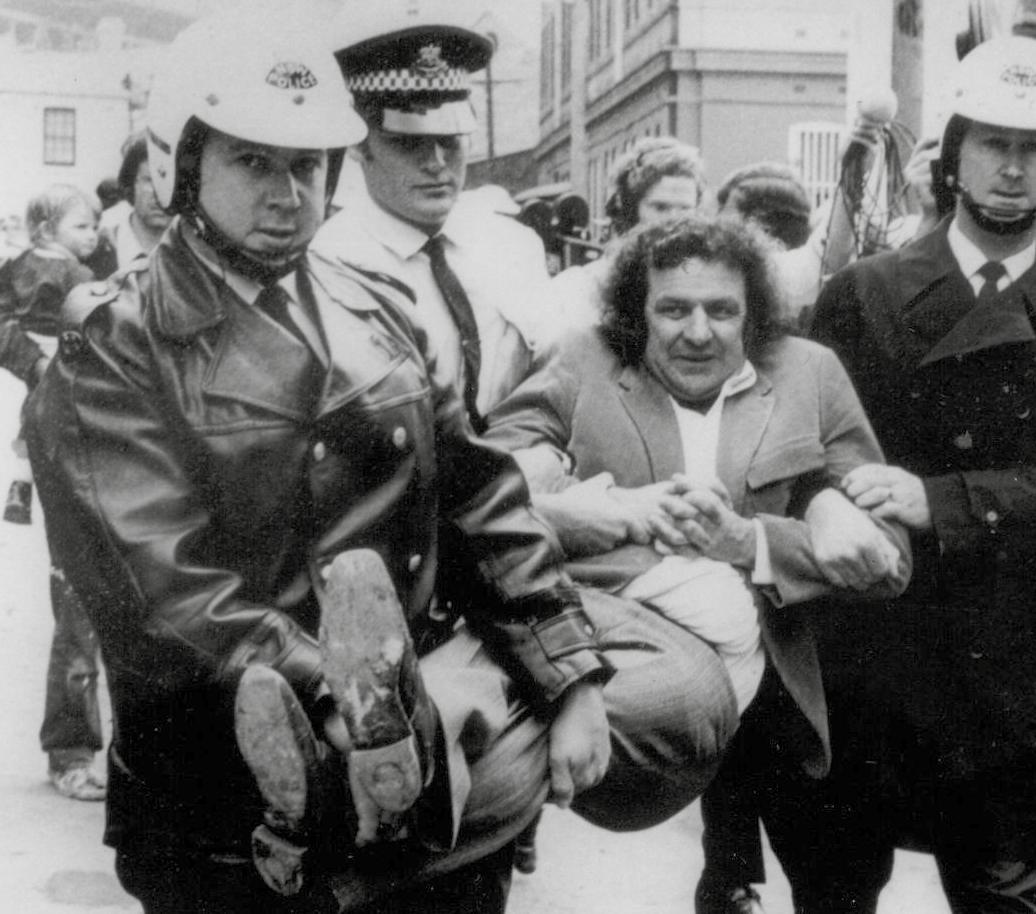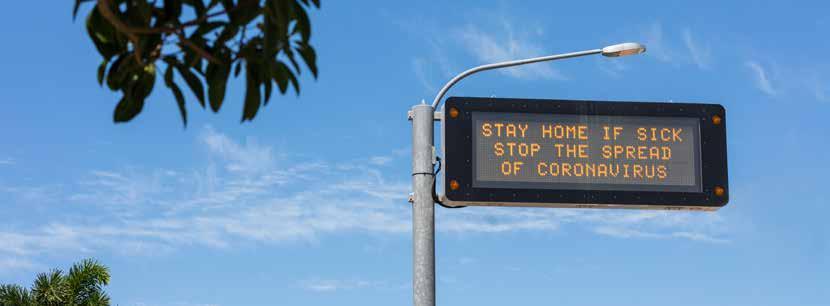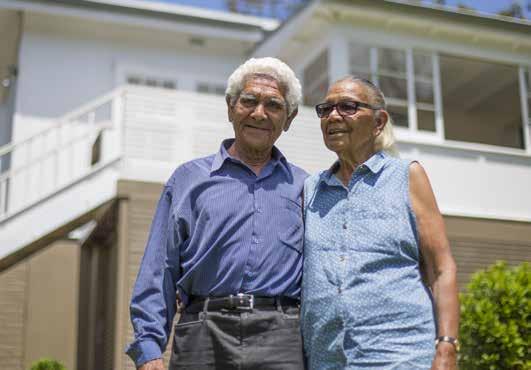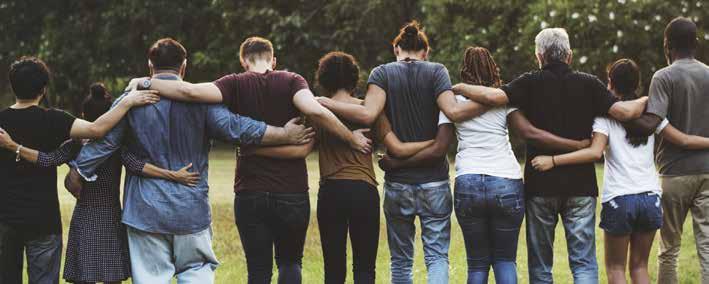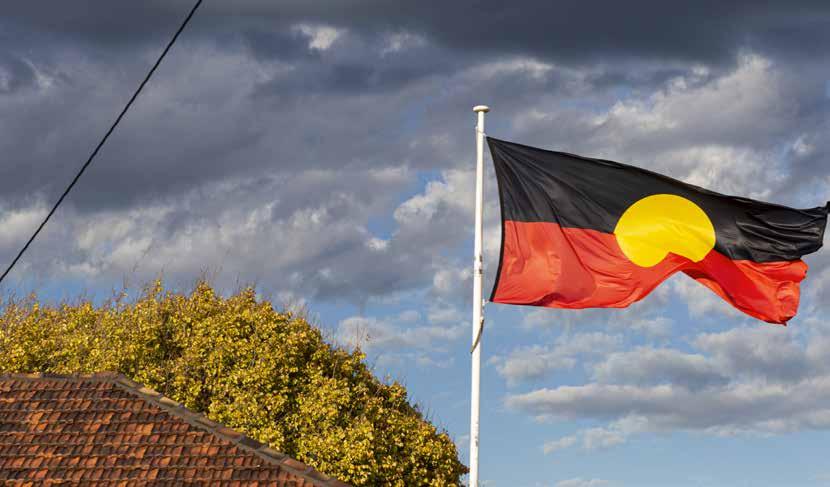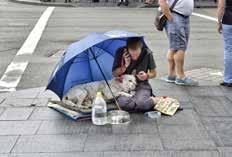NEWS l COMMUNITY FUNDING
Community orgs fight to survive The devastating impact COVID-19 has had on community organisations has been laid bare in findings from a national survey that show the sector fighting for cash, volunteers and, in many cases, survival. The survey — conducted by the Institute of Community Directors Australia — found that 70 percent of not-for-profit orgs felt their existence “threatened” by the coronavirus. The community sector spans services including health and mental wellbeing, housing and homelessness, Indigenous support, social justice, education, and the environment. As with commercial businesses, community orgs have had their work severely disrupted by the social-distancing measures implemented by government to slow the spread of COVID-19. A total of 88 percent of respondents said their services had been affected by the rules. While some orgs have had to curtail their
work, others have adapted and continued providing services in a different format. Some have closed. Other key findings include: a 67 percent drop in fundraising, with 39 percent of respondents believing they have not received adequate government support. And 35 percent of respondents have had to reduce staff numbers, with 40 percent unsure if there will be further staff reductions. In response to the findings, Community Council for Australia chair, Tim Costello, said: “There’s no way to sugar coat this — the COVID-19 pandemic is seismic. Community groups are the social infrastructure of our economy; they need to be fast-tracked investment from government, philanthropy and individuals before it’s too late.” Costello added: “Community groups have always had to innovate to thrive, now it goes to their ability to survive.” Meanwhile, a survey commis-
sioned by Volunteering Australia and conducted by researchers at the Australian National University (ANU), has found that between February and April there was a 66 percent decline in the number of community volunteers. That translates to 12.2 million hours of lost volunteer work per week. “The findings reinforce the power of the volunteer workforce and its contribution to the economic and social wellbeing of Australia,” said ANU researchers. Hopefully, as iso restrictions ease, it won’t be too long before volunteers feel safe to return. Already, say the researchers, community organisations that have had to cease services because of COVID-19 restrictions are seeking guidance on how to restart programs safely and to support volunteers in their transition back. “The nation needs these volunteers back supporting their communities.”
l HOMELESSNESS
Call to help those left behind In a bid to reduce homelessness and to boost job numbers, the Australian Council of Social Service (ACOSS) has called on the Federal Government to initiate a bold public housing program. Included in its report “Build Back Better”, ACOSS is advocating for $7 billion to be spent on social housing for 30,000 families and individuals in need. “We can create thousands of jobs and reduce homelessness through a public infrastructure program,” said ACOSS CEO Dr Cassandra Goldie. In its report, ACOSS said the COVID19 lockdown had “exposed the scale of homelessness and rough sleeping in Australia, both as a social problem and as a health risk”. “Now more than ever,” said Goldie, “the virus and bushfires have shown us we must work together to help each other recover and
6
get us on a path to building a better future, with positive ideas that create jobs, and quickly, while strengthening communities.” ACOSS is also calling on the government to extend the JobKeeper scheme to temporary migrants, including international students and asylum seekers. “We are all in this together, but some people are being left to face severe economic hardship without any
Inner Sydney Voice • Winter 2020 • www.innersydneyvoice.org.au
support, without even access to Medicare,” said ACOSS’s Jacqueline Phillips. “Everyone deserves to be able to put food on the table and have a roof over their head.” In response to the hardship being faced by temporary visa holders, the Australian Red Cross is providing support with a small one-off emergency relief payment. Emergency relief is provided to help people with basic needs like food, medicine, or shelter. The support can only be offered to people who are not Australian citizens or permanent residents; who are not eligible for state funds; have no income or savings; and no access to any other support. If you need help and think you may be eligible, you can apply for emergency relief at redcross.org.au.

